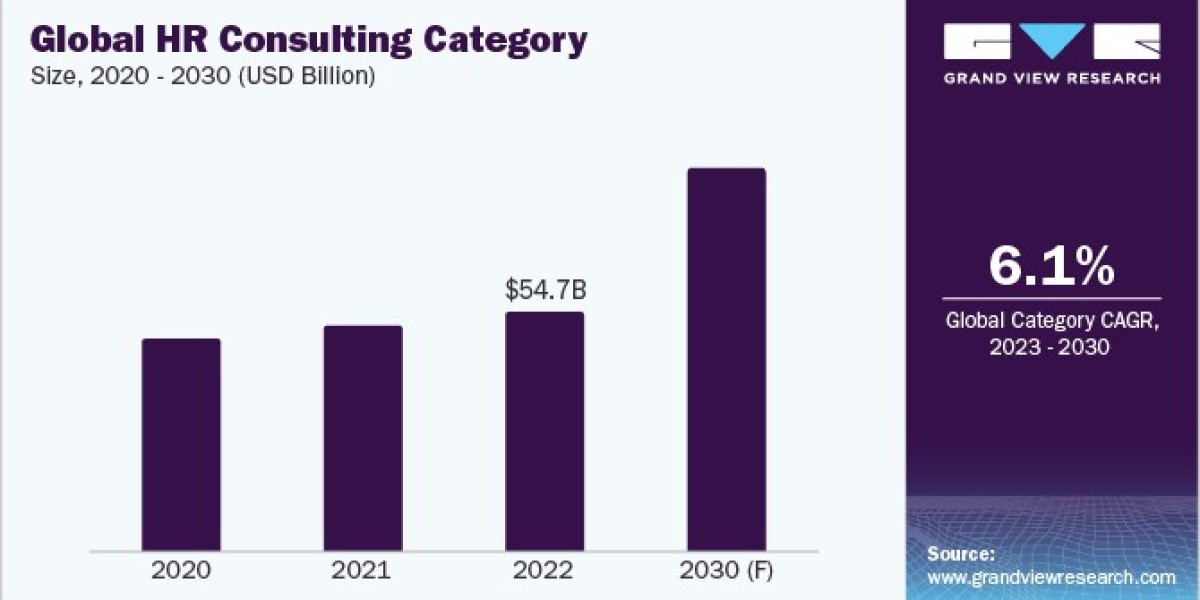Hiring Java developers can be a pivotal decision for any organization, given the language's prominence in building robust, scalable, and high-performance applications. However, recruiting the right talent isn't always straightforward. Common pitfalls can derail the hiring process, leading to mismatches that can impact project timelines, team dynamics, and overall productivity. This article delves into these common mistakes and provides actionable strategies to help you navigate the hiring process successfully.
1. Neglecting to Define Clear Job Requirements
One of the most fundamental errors in the hiring process is failing to clearly define the job requirements. A vague job description can lead to confusion and attract candidates who may not possess the necessary skills or experience. To avoid this, ensure that your job description is detailed and specific. It should include:
- Technical Skills: Specify the required Java frameworks (e.g., Spring, Hibernate), tools (e.g., Maven, Jenkins), and other relevant technologies.
- Experience Level: Indicate whether you need a junior, mid-level, or senior developer and the number of years of experience required.
- Soft Skills: Outline desired soft skills such as problem-solving, communication, and teamwork.
- Project Scope: Describe the types of projects the candidate will work on to ensure alignment with their expertise.
2. Overemphasizing Technical Skills at the Expense of Soft Skills
While technical skills are crucial for Java developers, soft skills are equally important. Overemphasizing technical proficiency at the expense of soft skills can lead to hiring individuals who may struggle with collaboration, communication, or problem-solving. Ensure that your hiring process evaluates both technical and soft skills by incorporating:
- Behavioral Interviews: Ask questions that reveal how candidates handle challenges, work in teams, and communicate effectively.
- Soft Skill Assessments: Include exercises or scenarios that test problem-solving, communication, and teamwork abilities.
3. Ignoring Cultural Fit
Technical expertise alone does not guarantee success in a team environment. Ignoring cultural fit can lead to conflicts and decreased team cohesion. Assessing cultural fit involves:
- Understanding Company Culture: Clearly define your organization's values, work style, and team dynamics.
- Assessing Alignment: During interviews, evaluate whether candidates' values and working styles align with your company's culture.
- Team Interviews: Include team members in the interview process to gauge how well candidates fit with the existing team.
4. Failing to Test Coding Skills Effectively
A common mistake is relying solely on resumes or interviews to assess coding skills. Practical coding tests are essential for evaluating a candidate’s problem-solving abilities and coding proficiency. Consider:
- Real-World Problems: Use coding tests that simulate real-world scenarios relevant to the job.
- Code Review: Assess the quality, efficiency, and readability of candidates' code.
- Pair Programming: Conduct pair programming exercises to observe candidates' collaborative coding skills.
5. Neglecting to Evaluate Problem-Solving Abilities
Java developers often face complex challenges that require strong problem-solving skills. Failing to assess these abilities can result in hiring developers who may struggle with problem-solving. To evaluate problem-solving skills:
- Technical Challenges: Present candidates with complex problems and assess their approach to finding solutions.
- Past Experiences: Discuss past projects and challenges to understand how candidates addressed and overcame obstacles.
6. Overlooking the Importance of Experience with Relevant Technologies
Java is a versatile language with various frameworks and tools. Overlooking the importance of experience with specific technologies can lead to hiring developers who lack the necessary expertise. Ensure that candidates have experience with:
- Relevant Frameworks: Depending on your project needs, candidates should be familiar with frameworks like Spring, Hibernate, or JavaServer Faces (JSF).
- Development Tools: Assess experience with tools and environments such as Maven, Gradle, or Integrated Development Environments (IDEs) like IntelliJ IDEA or Eclipse.
7. Underestimating the Value of Continuous Learning
The tech industry is constantly evolving, and Java developers must stay updated with new developments and best practices. Underestimating the value of continuous learning can lead to hiring developers who are not proactive in keeping their skills current. Look for:
- Certifications: Check for relevant certifications such as Oracle Certified Professional Java Programmer.
- Professional Development: Assess candidates’ commitment to continuous learning through courses, workshops, or personal projects.
- Involvement in the Community: Evaluate involvement in Java communities, open-source contributions, or tech forums.
8. Not Considering the Impact of Remote Work
In the modern work environment, remote work has become increasingly common. Failing to consider how candidates will perform in a remote setting can impact productivity and team dynamics. Address:
- Remote Work Experience: Assess candidates’ experience with remote work and their ability to manage time effectively.
- Communication Tools: Ensure familiarity with communication and collaboration tools like Slack, Zoom, or Microsoft Teams.
- Self-Motivation: Evaluate candidates' ability to stay motivated and productive while working remotely.
9. Neglecting to Verify References
Verifying references is a critical step that is often overlooked. Failing to do so can result in hiring candidates who may not meet expectations. To ensure a thorough reference check:
- Contact Previous Employers: Reach out to previous employers to validate candidates' skills, work ethic, and performance.
- Ask Specific Questions: Inquire about candidates' strengths, weaknesses, and contributions to past projects.
- Seek Multiple References: Obtain references from different sources to get a comprehensive view of the candidate.
10. Failing to Provide a Clear Career Path
Developers are often motivated by opportunities for growth and advancement. Failing to provide a clear career path can lead to turnover and dissatisfaction. Address this by:
- Career Development Plans: Outline potential career paths and growth opportunities within your organization.
- Training and Mentorship: Offer opportunities for training and mentorship to support professional development.
- Performance Reviews: Conduct regular performance reviews to provide feedback and discuss career progression.
11. Not Offering Competitive Compensation
Competitive compensation is crucial for attracting and retaining top talent. Failing to offer a competitive salary and benefits package can result in losing out on qualified candidates. Ensure that your compensation package includes:
- Market Research: Conduct market research to understand industry standards and salary ranges for Java developers.
- Benefits Package: Offer a comprehensive benefits package, including health insurance, retirement plans, and other perks.
- Bonuses and Incentives: Consider offering performance-based bonuses or incentives to attract and retain talent.
12. Overlooking the Importance of Onboarding
Effective onboarding is essential for integrating new hires into your organization and ensuring their success. Overlooking this can result in longer ramp-up times and lower productivity. Implement a robust onboarding process that includes:
- Orientation Programs: Provide a structured orientation program to familiarize new hires with company policies, tools, and processes.
- Mentorship: Assign a mentor or buddy to help new hires navigate their role and integrate into the team.
- Training: Offer training sessions to ensure new hires understand their responsibilities and the technologies they will be working with.
13. Failing to Assess Team Compatibility
Hire Java developer who is technically skilled but not a good fit for the team can lead to friction and reduced productivity. Assess team compatibility by:
- Team Dynamics: Consider how the candidate’s working style and personality will fit with the existing team.
- Team Interviews: Include team members in the interview process to gauge compatibility and gather feedback.
14. Not Considering the Long-Term Fit
Focusing solely on immediate needs can lead to hiring decisions that may not be suitable for the long term. Consider the candidate's potential for growth and their alignment with your company's long-term goals. Evaluate:
- Future Potential: Assess candidates’ potential to grow into higher roles or take on additional responsibilities.
- Alignment with Company Vision: Ensure that candidates share your company’s vision and are likely to stay long-term.
15. Ignoring the Importance of Diversity and Inclusion
Diversity and inclusion are critical for fostering innovation and creating a positive work environment. Ignoring this aspect can lead to a homogeneous team and missed opportunities for diverse perspectives. Promote diversity by:
- Inclusive Hiring Practices: Implement hiring practices that encourage diversity and reduce bias.
- Diverse Sourcing: Source candidates from diverse backgrounds and communities.
- Inclusive Culture: Foster an inclusive culture where all team members feel valued and supported.
Conclusion
Hiring Java developers involves more than just assessing technical skills. By avoiding these common mistakes and implementing best practices, you can enhance your hiring process, attract top talent, and build a strong development team. Clear job requirements, effective testing, cultural fit, and ongoing professional development are just a few of the crucial factors to consider. Ultimately, a well-rounded approach to hiring will contribute to your organization’s success and growth in the ever-evolving tech landscape.



